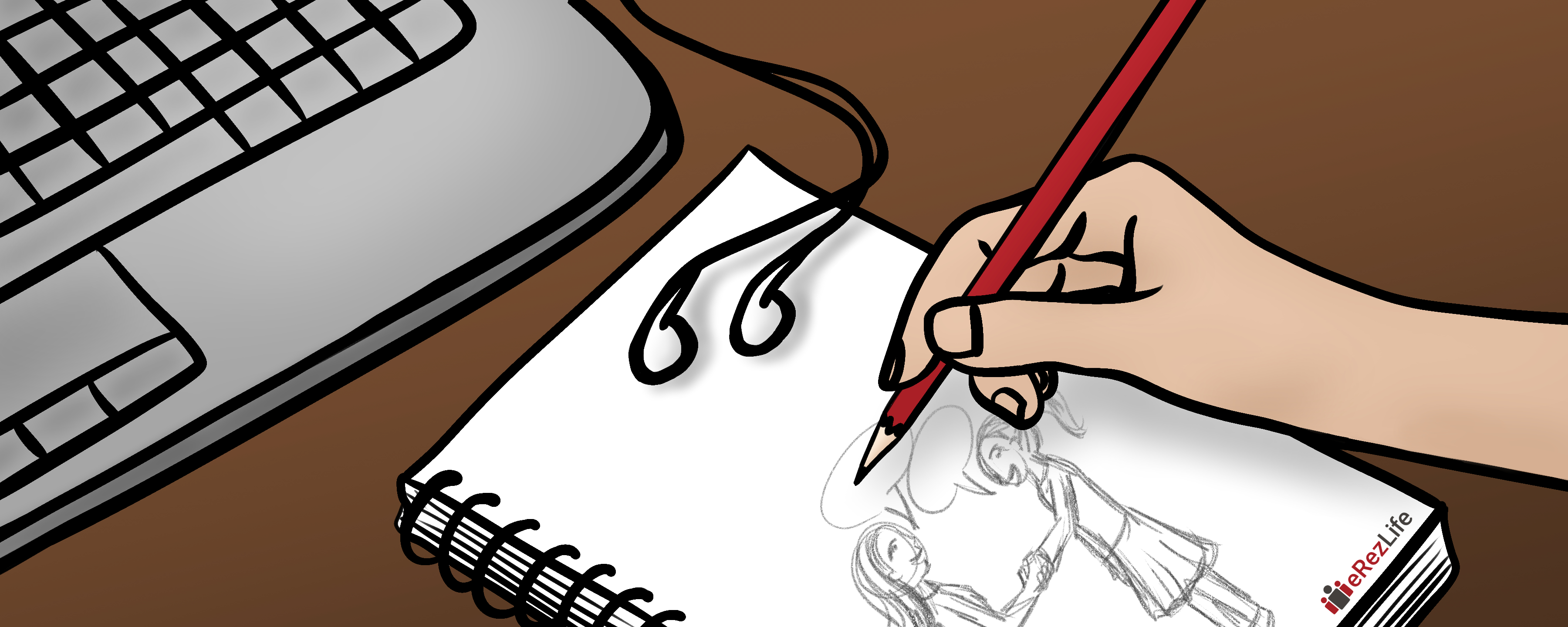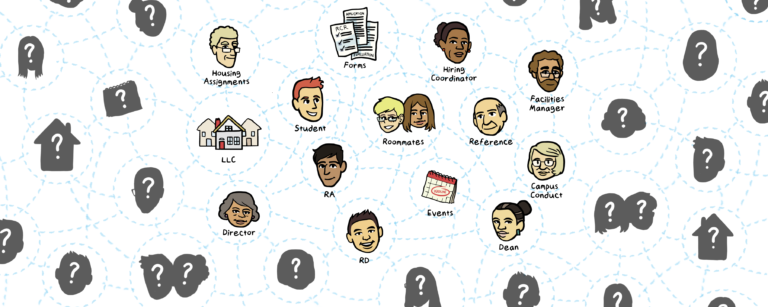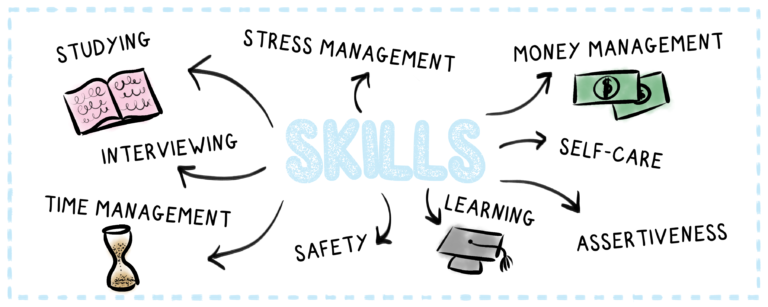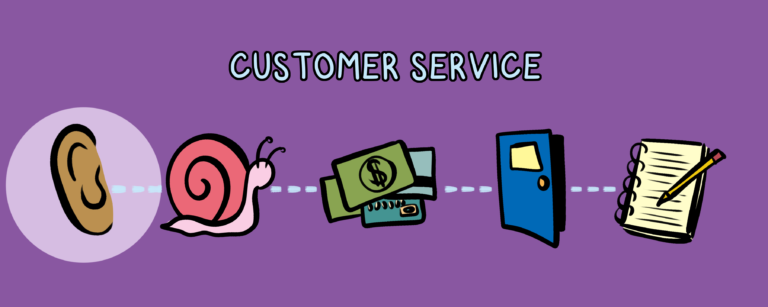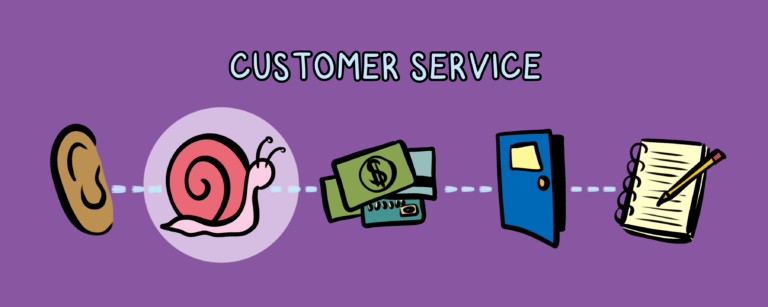Oh, hey! Welcome to the Community.
In my last post, I talked about loneliness and the importance of meaningful connections. The importance of meaningful relationships is evident, but teaching our staff how to have intentional interactions is much more difficult. As curricular approaches become more and more common, and the focus on intentional interactions grows, the importance of training also increases. In my conversations with clients, I’ve heard things like “students find it very difficult to make them all feel authentic” and “students report that they feel transactional.” Is it possible to have genuine, meaningful, intentional interactions, or are we asking too much of our student staff?
Assess what matters
The first step to setting up RAs for success with intentional interactions is assessing their abilities during RA interviews. You’ll get a sense of the baseline awareness and skill so you can build your training program. It’s similar to how you may assess a candidate’s ability to mediate conflict: you may not require them to know how to do it but you need to see that the potential is there. Speed friending in a group interview process is a great way to assess basic interaction skills. While it’s too late to implement this suggestion for the incoming cycle, I wanted to plant the seed now, and I’ll come back to it in a future blog.
Providing a script is not enough
When training your RAs, it’s essential to acknowledge the elephant in the room. Some of these interactions are going to be awkward and uncomfortable. That’s okay! We need to empower RAs to have personal, relatable, and social conversations. Residents don’t want to feel like they’re talking to a robot. In my opinion, one of the greatest challenges for RAs is confidence in their ability to carry on a conversation when things are not progressing organically. Your job is to build their confidence and highlight the skills that make a difference.
5 strategies for training student staff about intentional interactions:
- Say hello. It’s obvious, easy, and builds relationships and confidence. When you start with a skill that everyone has and feels they can accomplish, you set your RAs up for success. Emphasize the importance of cultivating a sense of belonging and how a simple act like saying, “Hi!” can make such a difference when your residents feel otherwise invisible. For those who want to take it to the next level, get them to add a special element. I used to do a high kick when I saw a resident around campus-it was fun, noticeable, and it instantly created a connection.

- Ask questions. Make a connection. It’s often said that RA’s need to listen and not share their own experiences, yet it does not feel natural. One-sided conversations can feel awkward. As long as the RA understands that the conversation should not be solely focused on their personal story, sharing their story can deepen the connection.
- Put down the devices. We’re constantly engaging with technology, and that can be distracting. Encourage RAs to leave their phones in their rooms. If they need to take notes, bring a paper notebook. Devices create temptation for distraction and can make your residents feel like you need to be somewhere else. It also allows your RA to entirely focus on the interaction, hopefully allowing for a better recollection of the interaction later.
- Draw a picture. After the interaction, it’s common to ask RAs to document their interaction. Consider adding an upload option to your form that allows for a doodle or drawing of the interaction. “Drawing aids memory better than writing notes. Researchers say rendering images on paper incorporate multiple ways of representing the information — with visual, spatial, verbal, semantic, and motor skills (source:https://www.cbc.ca/news/health/drawing-memory-aid-1.4963432).”
- Make an effort, even if they have “tons of friends”. As mentioned in a previous post, just because someone has ‘friends’ doesn’t mean they have meaningful connections. Ensure you’re connecting with all of your students, not just the ones that you think need it or the ones that are always around. Leave notes, check back often, and don’t give up. Even if you haven’t made a meaningful connection yet, your efforts have an impact.
When presenting intentional interactions to your RAs, appeal to the emotional, physical, and practical sides. Make engagement relevant and applicable for staff so they can not only understand what they’re offering to their students but also what they will gain in return. Emphasize that RAs are building the foundation with their residents for the year. They’re making the ground stable and predictable so when problems arise, the resident knows they have someone to come to and confide in. It is the hope that the student does not feel alone, and thinks that at least one person is invested in their well-being. It’s often the relationships that are the most difficult to cultivate that are the most rewarding when you look back at the year.
Thanks for being part of our community. We’re glad you’re here.
